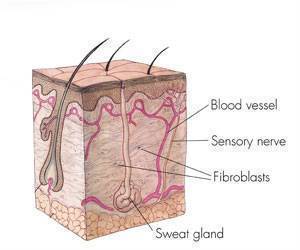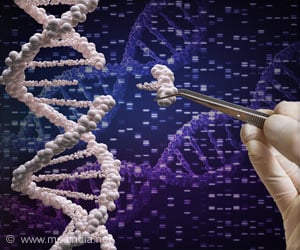
"Our interpretation of this initially puzzling effect is that the brain cares about representing the entire face, and needs to be highly sensitive to anything wrong with the face, like a part missing," Live Science quoted senior author Ralph Adolphs, as saying.
"This is probably an important mechanism to ensure that we do not mistake one person for another and to help us keep track of many individuals," he added.
Contrary to this, the team found that the neurons become less responsive when more of the partially obscured face is shown.
The participants of the study were epilepsy patients who had electrodes implanted in their medial temporal lobes, which is the location of the amygdala, in preparation for surgery and the electrodes were used to observe individual neurons' responses when the patients saw a face, either whole or partially obscured.
The results of the study have been published in the 29th September edition of the online journal Current Biology.
Advertisement












